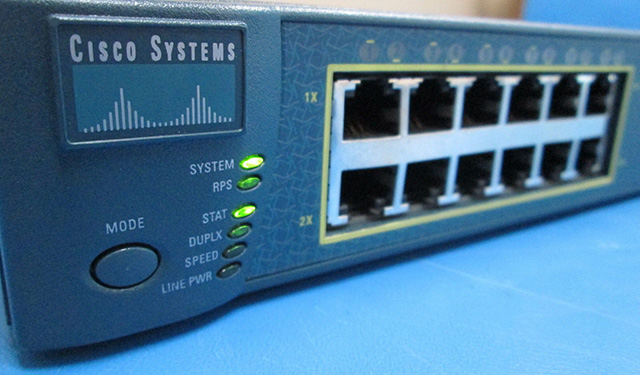CCNP Routing and Switching v2 Is Here
February 1, 2015 | By Boyd | One Comment
The date arrived on January 29th, 2015. Cisco has retired the exams for CCNP SWITCH 642-813, CCNP ROUTE 642-902, and CCNP TSHOOT 642-832.
The new exams for CCNP Routing and Switching v2 follow a slightly different curriculum, but the majority of topics have remained the same in SWITCH 300-105, ROUTE 300-101, and TSHOOT 300-135.
Let’s look at a few of the differences:
SWITCH v2 300-105:
The main difference with the new SWITCH curriculum is the focus on monitoring and logging switch functionality. Port mirroring through Switch Port Analysis (SPAN), Simple Network Management Protocol (SNMP, with an emphasis on the recommended use of SNMPv3), and logging levels are covered in detail. SPAN and RSPAN are good additions, especially for those considering moving on to CCIE studies. This goes for the addition of virtualization technologies with switches, with StackWise and VSS receiving some topic coverage in the updated SWITCH courses.
In contrast to what has been added, Wireless and Voice topics are trimmed down. Considering these two technologies have their own Cisco certification tracks, this is a welcome move.
ROUTE v2 300-101:
Of all the exams required for one to get their CCNP R&S certification, ROUTE requires the most study time (in my humble opinion, of course). Why? Well, there are several topics covered in ROUTE that are not even mentioned in CCNA R&S, such as Route Redistribution, BGP, and Route Maps (to name a few). This is in addition to the expansive coverage of EIGRP, OSPF, and IPv6. This can be a bit overwhelming at first glance, but careful, methodical reading and practice configs (lots of practice configs…) can make it all come together.
Fortunately, most of the basic topics have remained constant, though PPPoE configuration has been updated. This coincides with the increased focus on VPNs and tunneling. The details about OSPF over Frame Relay configurations have been chopped, and are not covered nearly as much as was found on the 642-902 exam. Conversely, named EIGRP and OSPFv3 receive much more attention.
TSHOOT v2 300-135:
TSHOOT v2 expands and includes more detail regarding most topics covered in the old 642-832 exam. There is much more focus on specific SWITCH topics pertaining to Encapsulation, Trunking, Spanning-Tree (including MST), as well as security configurations related to Catalyst switches.
From a routing perspective, there is more attention to detail (if this is even possible on Cisco exams) with troubleshooting ACLs and Route Maps, Layer 3 switches and SVIs, IPv4 and IPv6 addressing, and VPN tunnels.
Security topics across the board have definitely received more focus, as well, pertaining both to switching and routing. In fact, a lot of the basic security implementations on Cisco devices as covered in CCNA Security 640-554 IINS is covered throughout the CCNP R&S track. This is a positive addition, as those of us who configure these devices need to learn how to implement basic security practices on them!
I agree on the RHCE not having much value in rneewing! I actually certified under RHEL4, so mine is pretty old now. I never bothered rneewing because I’m certain my knowledge and experience far surpasses RHCE.Problem is, a lot of recruiters and management use certifications as a way to filter CVs, and often see someone with a valid certification as someone with greater knowledge than an individual with an expired cert/without a certification. I know some cases where management/recruiters have chosen someone with RHCE instead of someone with the required experience! Sounds crazy, but I guess for recruiters like that who don’t really know what all the technical jargon means, RHCE just means they are approved by RedHat as a sysadmin and that is a good thing .Lately I’ve been getting recruiters that seem to think a RHCE certified under RHEL6 is better than someone certified under RHEL4, which is total bs to be quite honest, especially if that RHEL4 RHCE has been actively working as a sysadmin and expanding their knowledge!For me, RHCE is more of a fun exam (hey man, admit it it was a fun exam >.>), and something to keep my CV in higher regard with recruitment agencies and management.



Comments